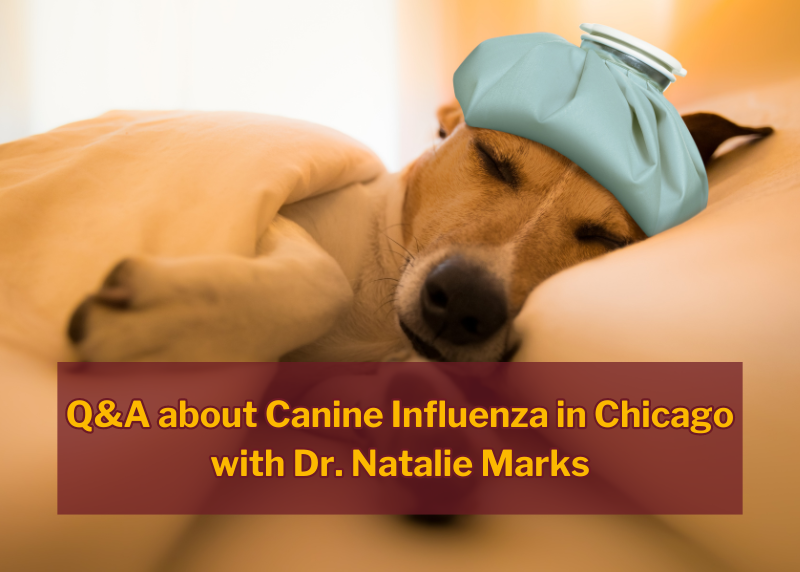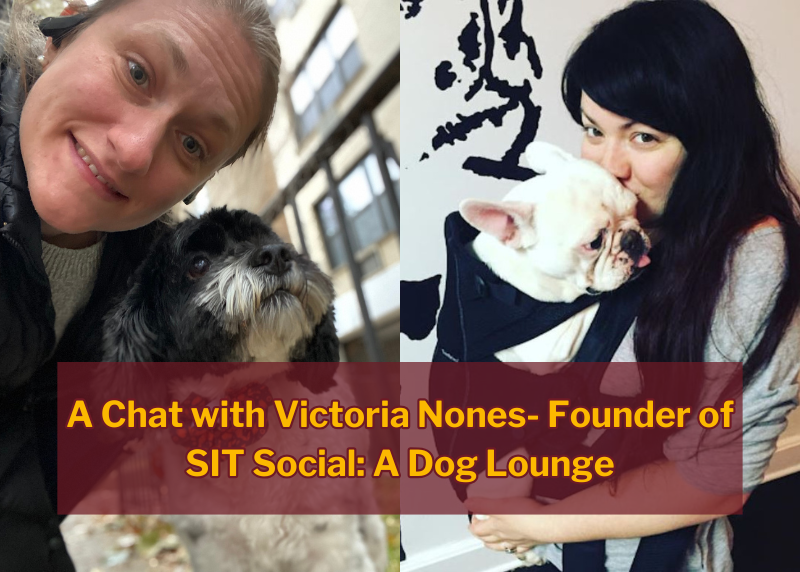I’m thrilled to have Kelly from RK9 Training here with me again today. Today’s topic is one that many people are passionate about, and I know it’s an area of expertise for Kelly as well! Let’s jump straight into our discussion on puppy training.
Disclosure: Some articles on this site may contain affiliate links, meaning, at non additional cost to you, Chicago Urban Pets may earn a commission if you click through and make a purchase. As an Amazon Associate we earn from qualifying purchases.
What’s the First Thing You Should Train Your Puppy?
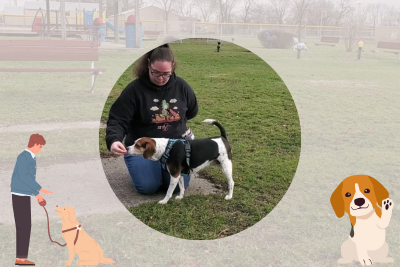
In puppy training, one of Kelly’s absolute favorite cues to teach is the touch cue. It’s a simple yet effective technique that involves using a target, such as a flat hand or a stick, to get your puppy to touch their nose to the target. The beauty of this cue is that it encourages your puppy to move their own body to a specific place, instead of you physically moving them. It gives them a sense of control in their environment and is a great foundational step in their training journey.
What makes the touch cue even more appealing is its simplicity and the natural curiosity of puppies. By making your hand smell like treats and presenting it as a new and intriguing object, puppies are naturally drawn to investigate. They use their nose to explore and discover, and by associating the touch cue with positive experiences and rewards, you can easily capture their attention and engagement. This not only helps in teaching them the touch cue but also prepares them for future interactions with hands, making it a valuable skill for their overall socialization
You May Also Be Interested In:
- How to Stop Leash Pulling
- Getting to Know Kelly from RK9 Training
- How To Reduce Separation Anxiety In Dogs

If you’re based in Chicago, we recommend Green Paws Chicago for compassionate, professional dog walking. They’re a trusted local service that helps your dog stay active and social even while you’re away.
(When signing up, don’t forget to mention Chicago Urban Pets to support the blog and help us continue creating helpful content.)
What are Some Other Important Puppy Commands?
Learning their name is the first step in establishing communication and building a bond with your puppy. It helps them understand that when you call their name, they should pay attention and respond to you. This lays the foundation for other important commands, such as recall or coming back to you, which is vital for their safety and well-being.
Another essential skill that is often underestimated is teaching puppies how to relax. Just like toddlers, puppies can struggle with settling down and finding calmness when they need to. It’s important to include relaxation training in your program to help them understand how to unwind and take it easy. By providing them with guidance and teaching them how to relax, you’re setting them up for a balanced and contented life.
Teaching puppies to chill out may not be something commonly discussed, but it is a significant aspect of their training. Puppies naturally have boundless energy and enthusiasm, which is adorable but can also lead to restlessness and difficulty in finding moments of relaxation. By incorporating relaxation exercises into your training routine, you’re not only teaching them a valuable skill, but also helping them navigate through different situations with composure and self-control.
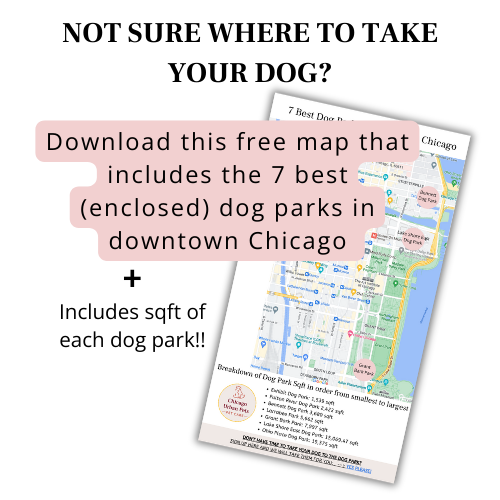
What is the Most Common Mistake You See Families Make When Bringing a New Puppy Home?
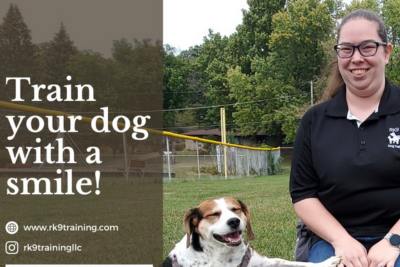
Families need to start by taking the puppy and the resident dog to a neutral location, such as a park, away from their familiar territory. This neutral ground allows them to meet and interact in a relaxed and natural manner. Encourage them to sniff and explore together, using their noses to get to know one another.
Additionally, creating a designated puppy space within the home is vital. This area should be calm, relaxing, and exclusive to the puppy. Consider using a crate or a comfortable bed as their safe haven. Dogs, like street dogs seeking shelter in enclosed spaces, have an instinctual preference for secure and cave-like areas. Providing them with a cozy and enclosed space allows them to feel safe and secure whenever they need to retreat or find comfort.
To further promote a sense of relaxation and tranquility for the new puppy, there are additional strategies you can implement. Dog pheromones, available as plug-ins, emit a calming scent that mimics what a mother dog produces while nursing. This familiar scent can help soothe and comfort the puppy during their adjustment period. Playing calming music, such as classical or reggae tunes, at a low volume can also contribute to lowering their heart rate and creating a serene environment.
Calming Music for your Pup:
- Classical Music for Anxious Puppies
- Sleepy Puppy Music
- LoFi Music for Dogs
- Reggae Music for Anxious Dogs
How Can Someone Reach You if They Have Questions About Their Puppy?
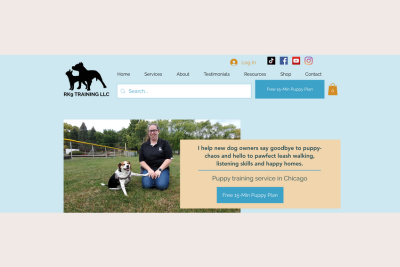
You can go to Kelly’s website at rk9training.com or you can reach her on Instagram @rk9trainingllc.

